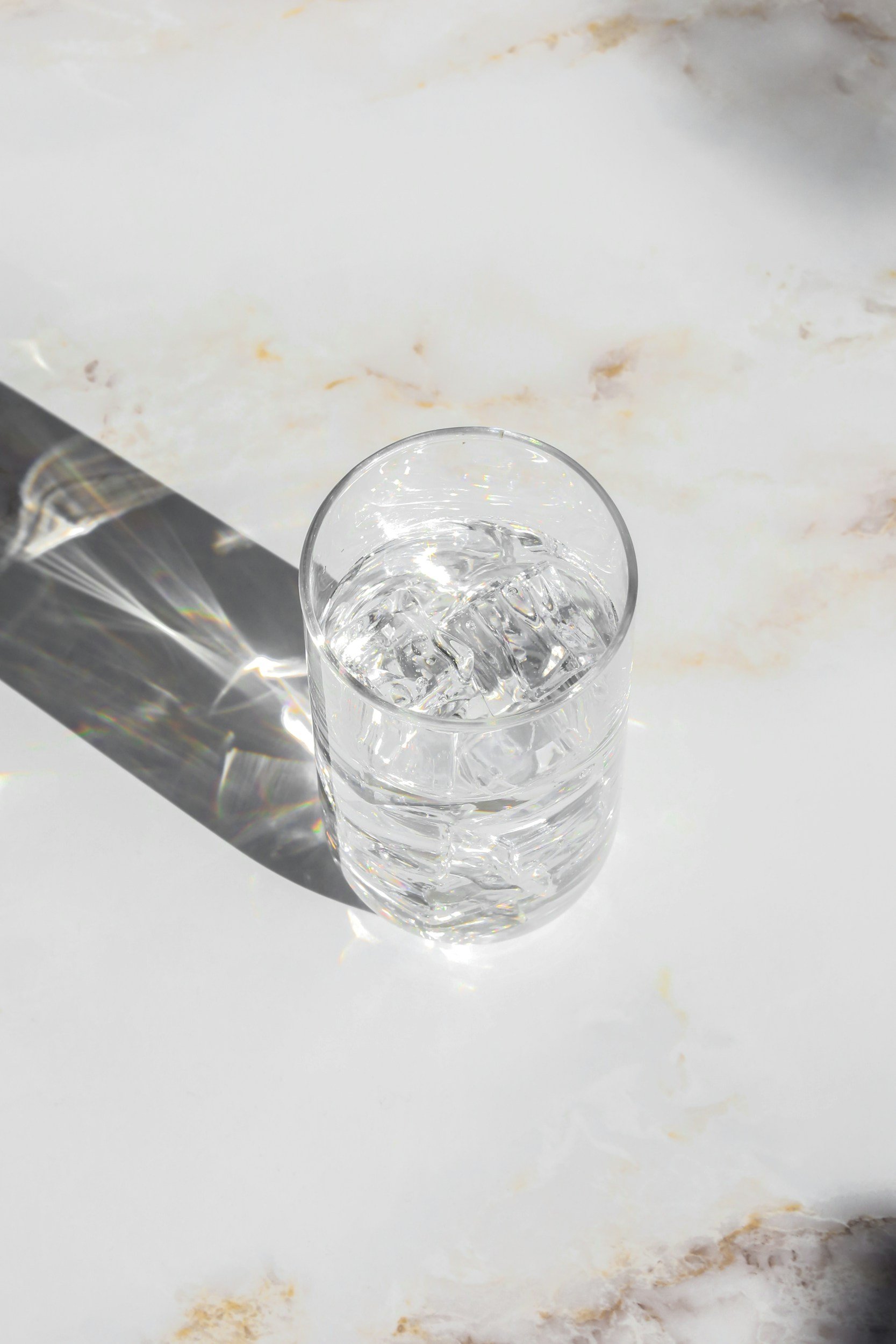Overactive Bladder
Do you often need to race to the bathroom to empty your bladder out of fear of leaking urine? Are you going to the bathroom to empty your bladder frequently throughout the day? Do you get an intense, sudden need to empty your bladder and/or loose control of your bladder when you get home from being out or when you hear running water? If you are experiencing any of these symptoms, you may be suffering from what’s called Overactive Bladder. 40% of women and 30% of men have overactive bladder symptoms. The good news is that there is something that can be done about it.
What is overactive bladder?
Overactive bladder refers to symptomatic urgency, with or without urine leakage, usually with an increased frequency of bladder emptying during the day and night. “Urgency” can mean different things to different people but refers to a difficult-to-defer desire to pass urine for fear of leakage.
Unofficially regarded as the perception of inability to defer 5 minutes or more
A desperate sensation of not being able to hold
The inability to wait to empty the bladder
What causes overactive bladder?
Overactive bladder is commonly caused by detrusor overactivity. The detrusor is the muscle of the bladder wall. Detrusor overactivity refers to contractions of the bladder wall muscle (the detrusor) during the filling phase which may be spontaneous or provoked.
Things that can irritate the bladder wall and cause these symptoms include:
Not consuming enough water or fluid throughout the day, drinking too much of bladder irritants (caffeine, alcohol, artificial sweeteners, carbonated drinks) or consuming fluid too quickly.
The development of associations between a certain activity and bladder emptying. E.g. emptying your bladder in the shower.
A bladder wall that has decreased compliance or is ‘tight’. As a result, as the bladder fills, it has difficulty stretching and expanding. This results in a stronger than usual sensation of needling to pass urine at lower than normal bladder volumes.
Increased signalling of the nerves that carry messages from the bladder to the brain.
How do we treat overactive bladder?
Overactive bladder symptoms can present differently from person to person and the cause of the overactivity can also be different person to person. This is why during a pelvic health assessment with one of our pelvic health physiotherapists, we will get you to complete a bladder diary (24-48 hour record of bladder emptying and fluid intake to be done at home) which is a very useful tool and allows us to understand what might be triggering your bladder overactivity.
From here, we can use a number of research based treatment methods to treat your symptoms:
Behaviour retraining involving lifestyle and diet modifications and learning how to suppress or calm down the intense urges you get when your bladder is going into spasm and therefore stop any urine leakage occurring while rushing to the bathroom.
Trans-tibial nerve stimulation (TTNS) which is a form of electrical stimulation that involves the activation of the tibial nerve (a nerve that runs on the inside of your lower leg).



